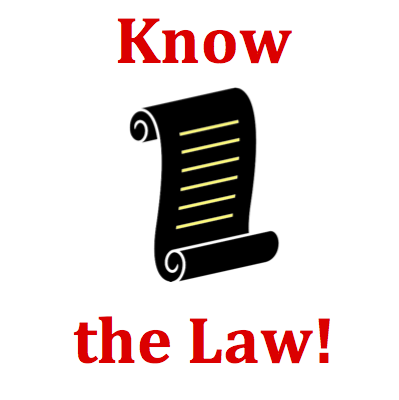Hold down the T key for 3 seconds to activate the audio accessibility mode, at which point you can click the K key to pause and resume audio. Useful for the Check Your Understanding and See Answers.
Mission SE3 Triboelectric Charging - Question Group 3 Help

Two neutral objects - object A and object B - are rubbed together. During the process, object A becomes charged negatively and object B becomes charged positively. This is because ______.

Triboelectric charging (aka, charging by friction) is the charging process that usually involves the rubbing together of two objects of dissimilar materials in order to transfer electrons from one object to the other. The object made of the material with the greatest affinity for electrons is the object that receives the electrons; the object with the lesser affinity for electrons provides the electrons. The process usually involves the rubbing of the two materials because it increases the amount of close intimate contact between the different atoms and allows for more electrons to be transferred.

Charging processes involve a movement of electrons and not a movement of protons (see Don't Be Fooled!! section). When charging by friction, as in this case, electrons move from one object to the other object. The object that gains the electrons would then be negatively charged. The object that loses the electrons would then be positively charged.

Many students have the misconception that an object can become positively charged by gaining protons. But don't be fooled! Protons are indeed positively charged, but they are present in the nucleus of atoms and as such are tightly bound in that location. The charging of objects always occurs by means of a movement of electrons - either off of an object or onto an object.
